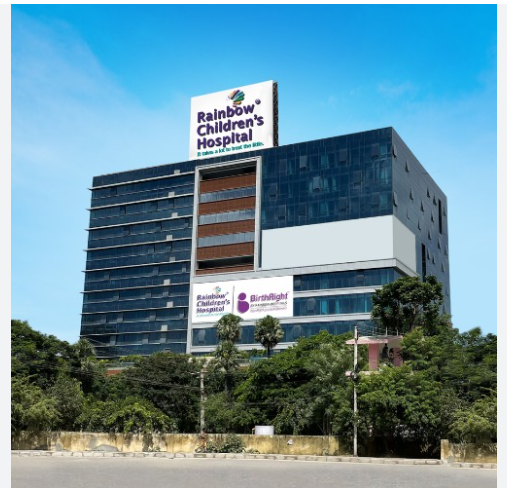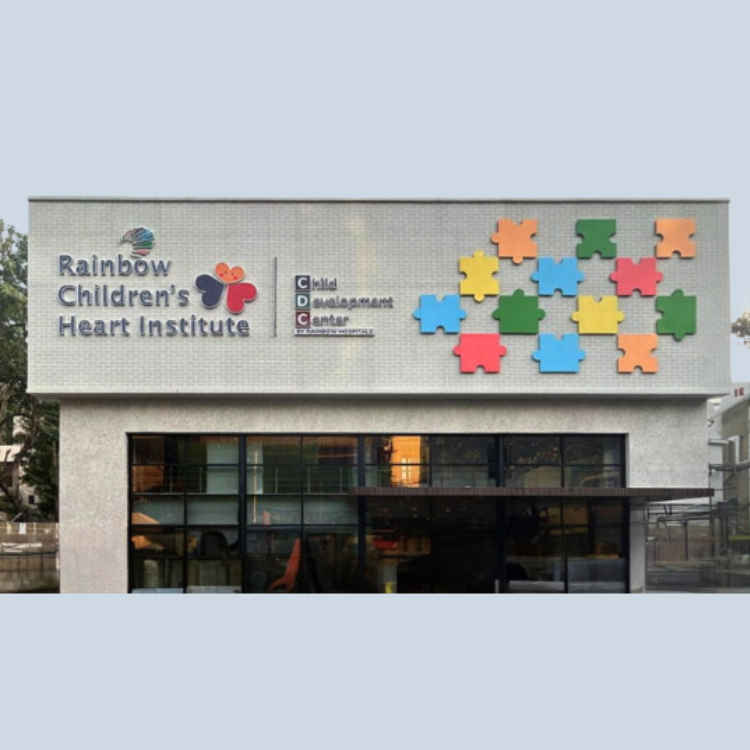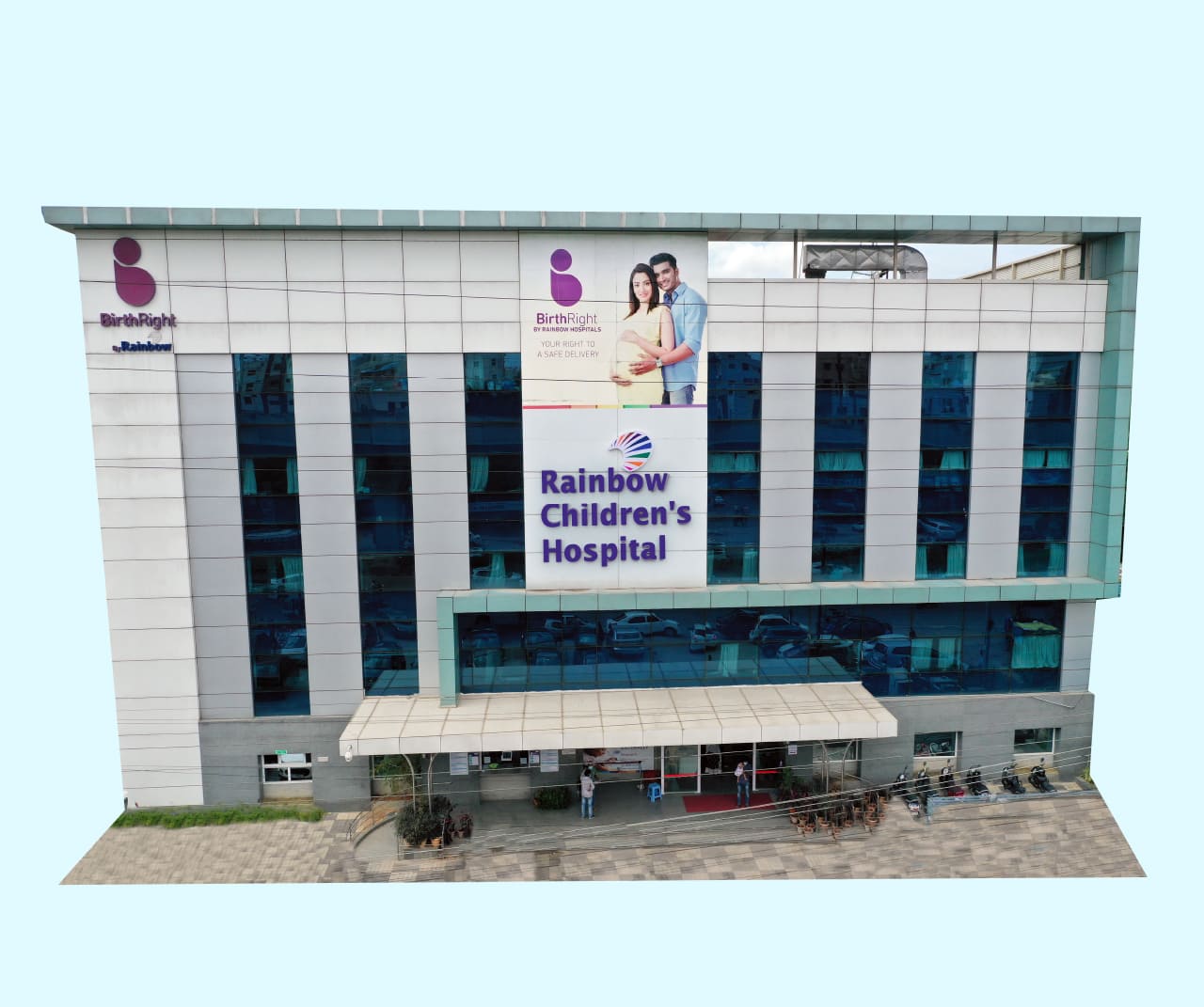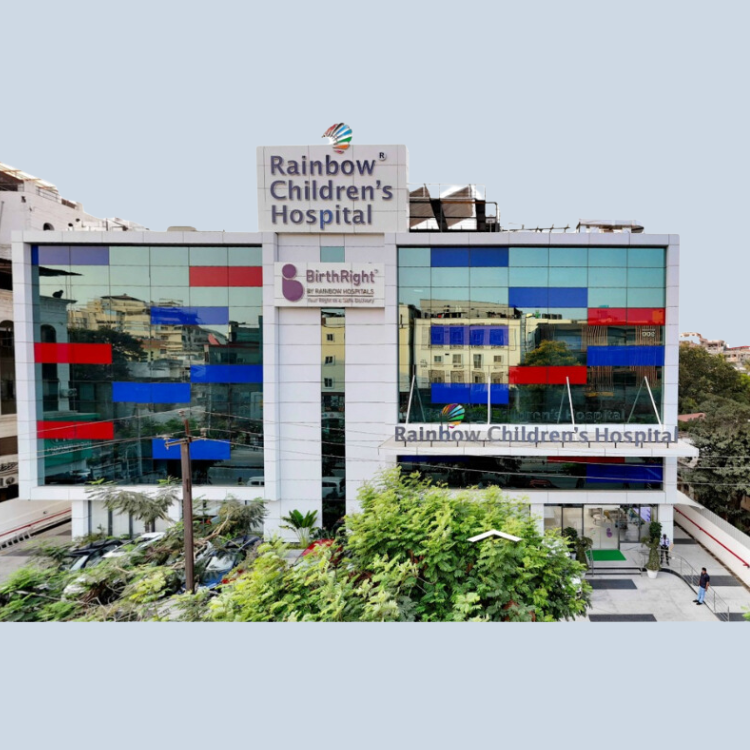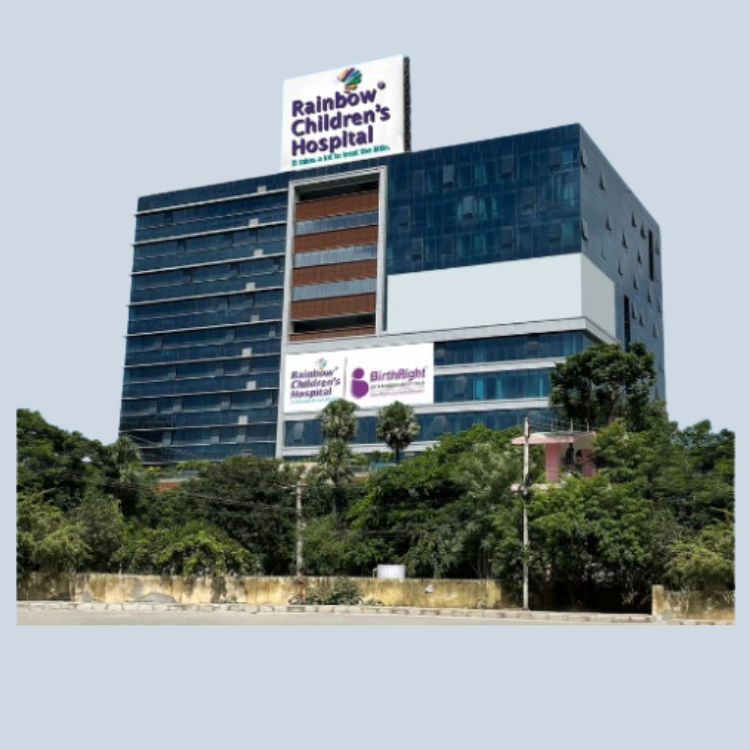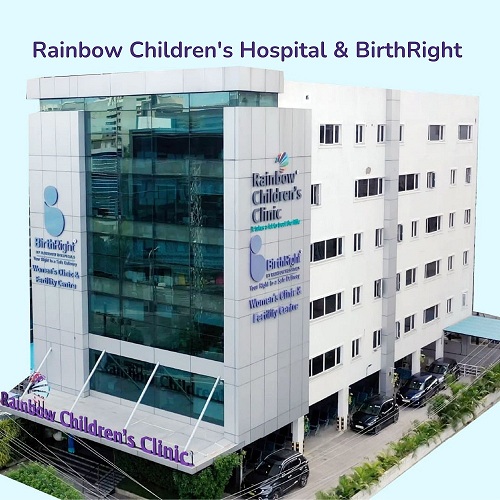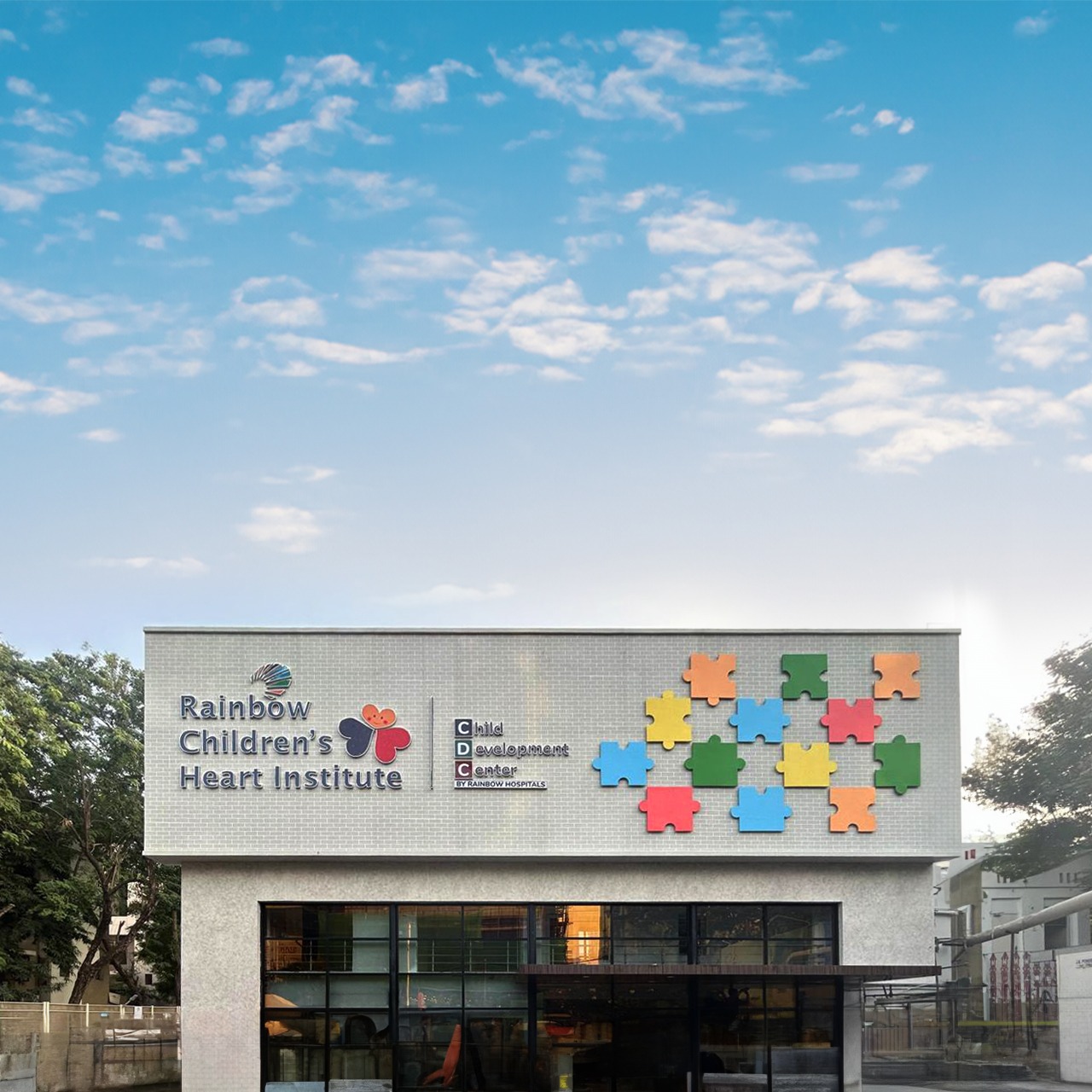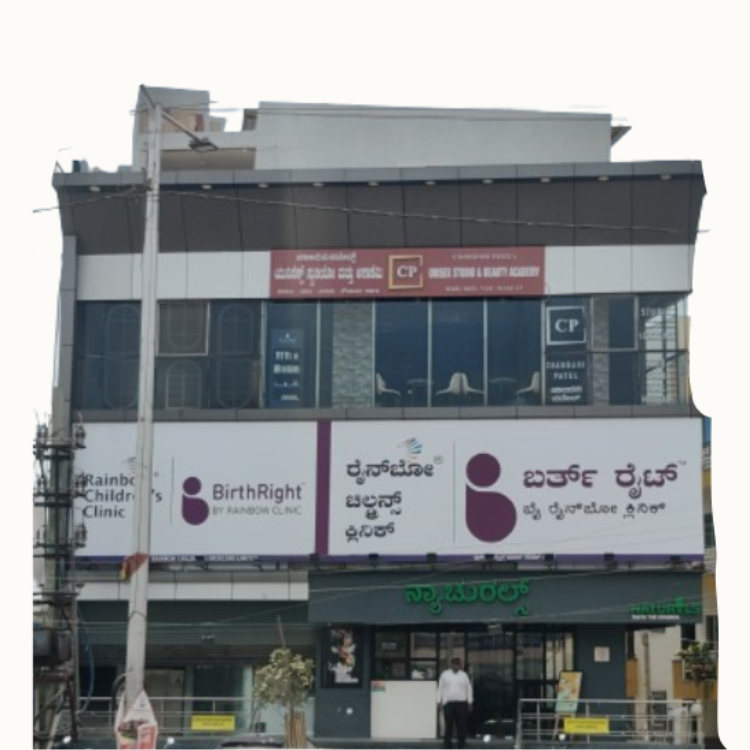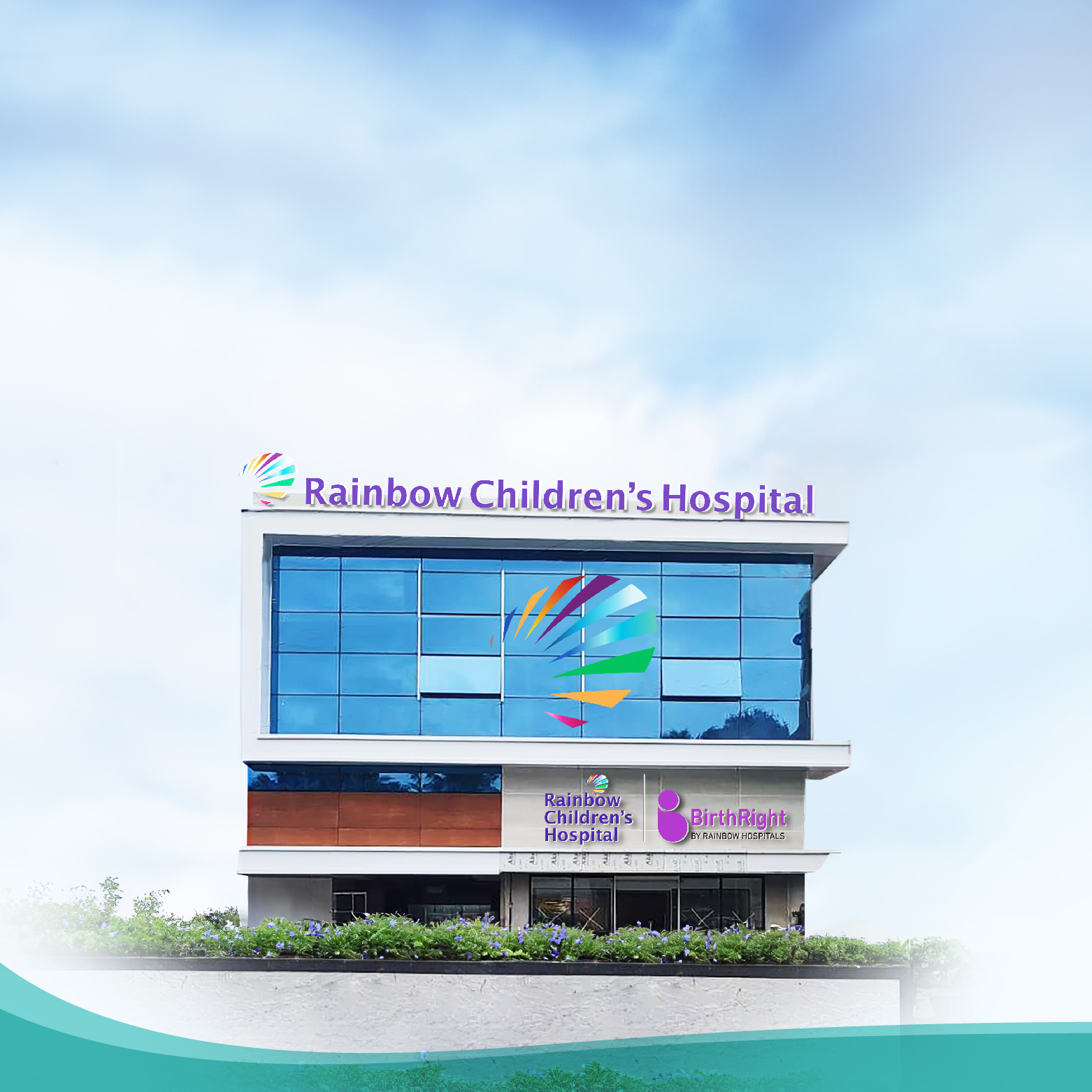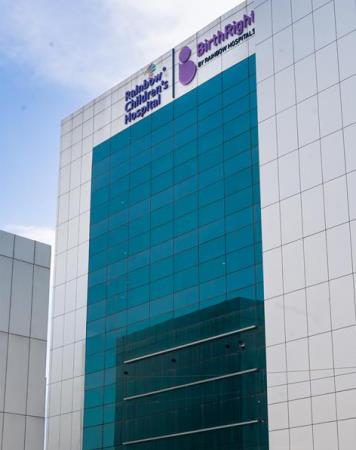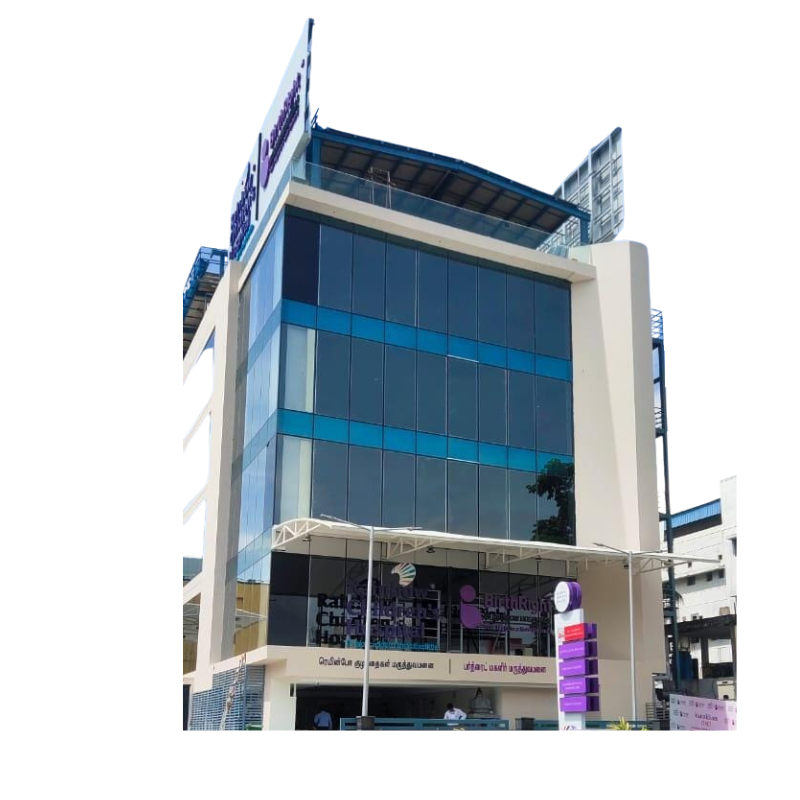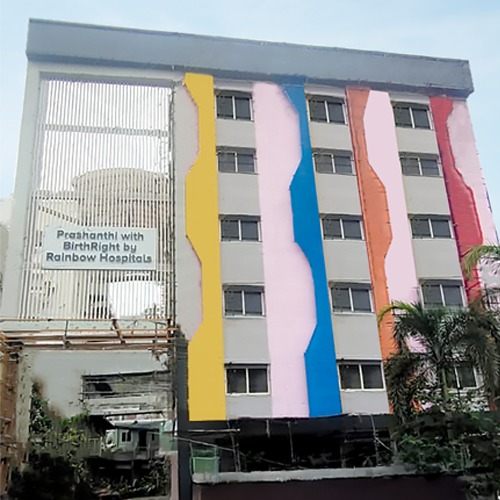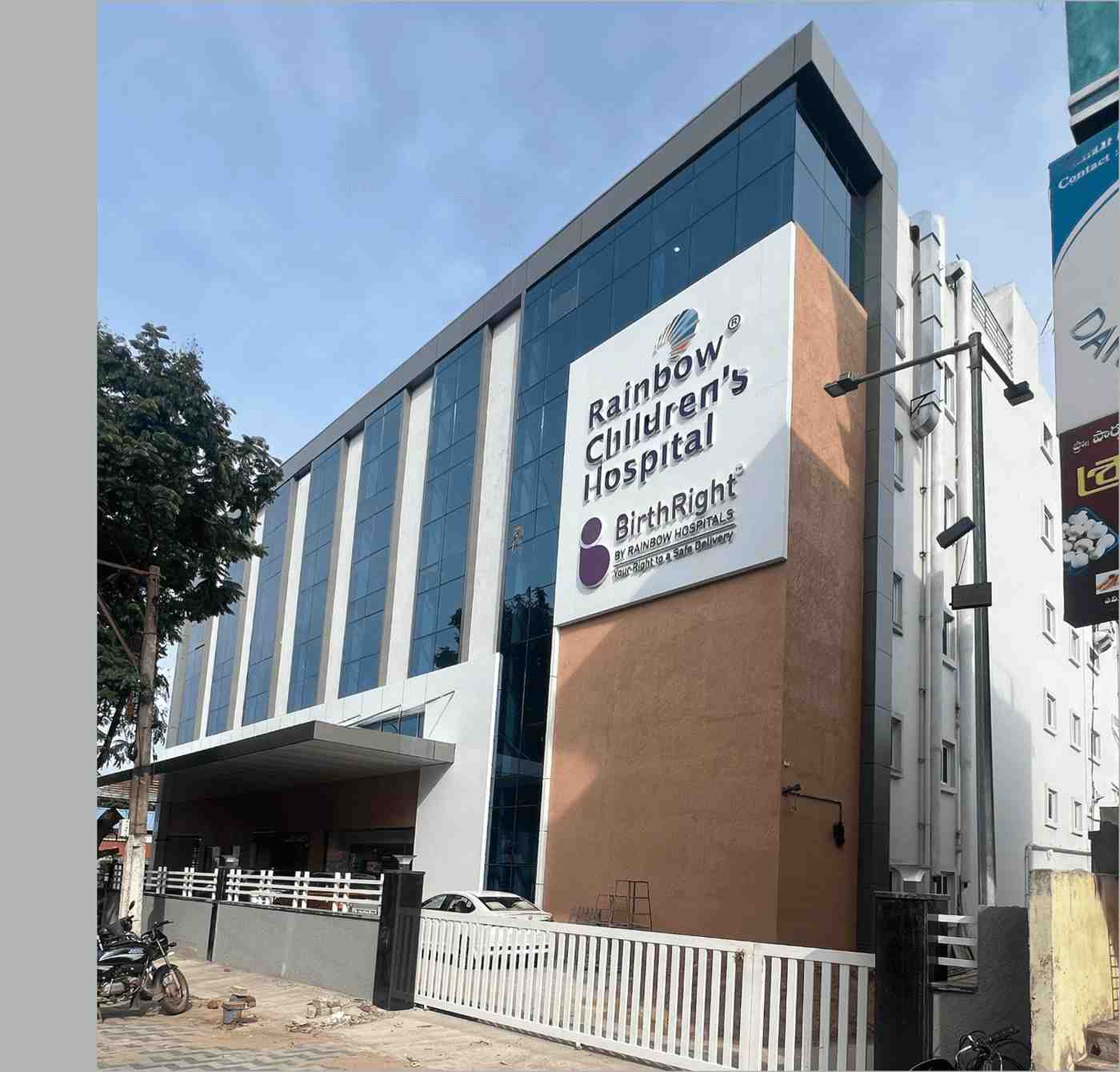Best Treatment for Eosinophilic Esophagitis in Children, Vijayawada
Best Treatment for Eosinophilic Esophagitis in Children, Vijayawada , The treatment for Eosinophilic Esophagitis (EoE) in children often involves a multidisciplinary approach tailored to each child's specific needs. Rainbow Children's Hospital in Vijayawada provides comprehensive care for children affected by EoE, emphasizing both medical management and dietary interventions.
Medically, the treatment may include the use of proton pump inhibitors (PPIs) to reduce stomach acid and corticosteroids to control inflammation in the esophagus. These medications aim to alleviate symptoms and reduce the eosinophilic inflammation in the esophagus.
Dietary modifications play a crucial role in managing EoE. Elimination diets, where specific food groups are removed from the child's diet based on allergy testing or trial and error, are commonly employed. Working with dietitians or allergists, Rainbow Children's Hospital assists families in implementing these specialized diets to identify and remove trigger foods that exacerbate EoE symptoms.
Additionally, in cases where dietary modifications and medications are not entirely effective, endoscopic procedures such as esophageal dilation might be considered to alleviate strictures or narrowing of the esophagus caused by chronic inflammation.
Rainbow Children's Hospital in Vijayawada prioritizes personalized care for children with EoE, ensuring a comprehensive treatment plan encompassing medical therapy, dietary adjustments, and if necessary, procedural interventions. The hospital's multidisciplinary team, consisting of pediatric gastroenterologists, allergists, dietitians, and other specialists, collaborates to provide individualized care to manage and improve the quality of life for children affected by EoE.

Leading Hospitals
Rainbow Children's Hospital stands as a testament to the hospital's continual pursuit of excellence and innovation, providing specialized care for women and children.
EoE is a chronic allergic inflammatory condition affecting the esophagus, characterized by an increased number of eosinophils (a type of white blood cell) in the esophageal tissue. The exact cause is not fully understood, but it's believed to be related to allergic responses to certain foods or environmental triggers.







